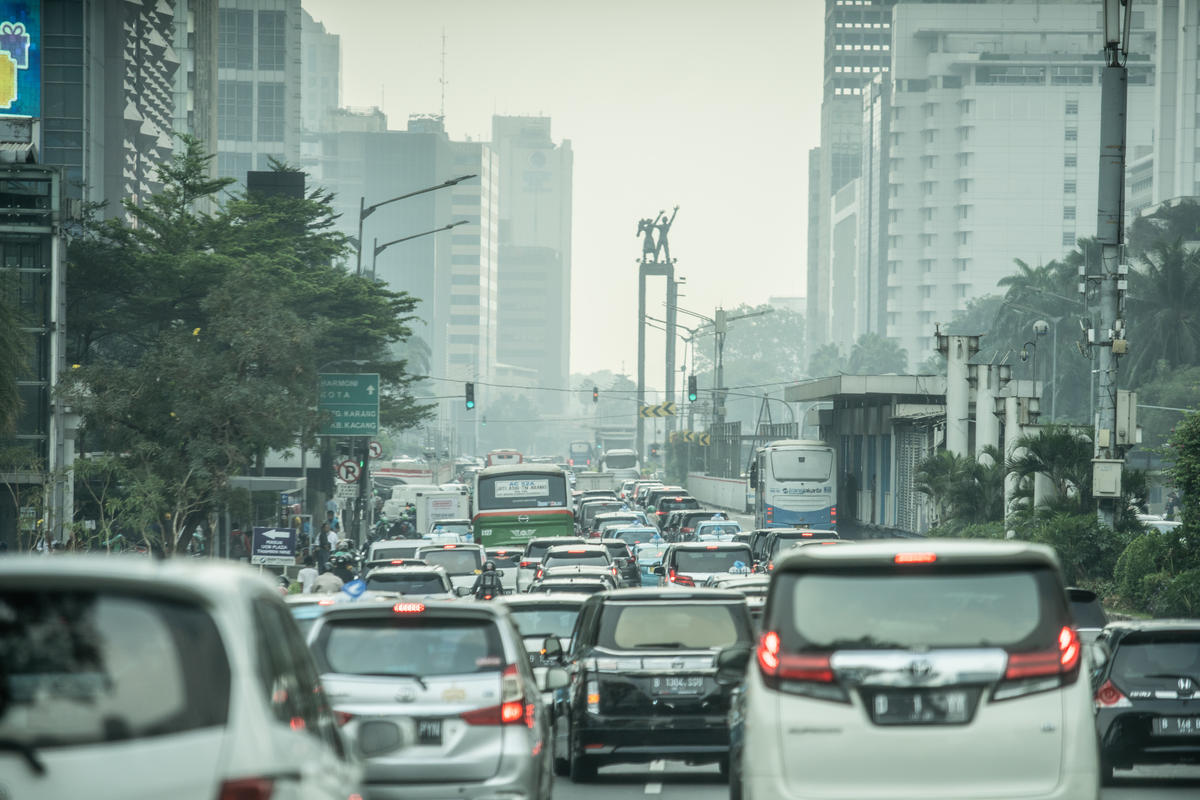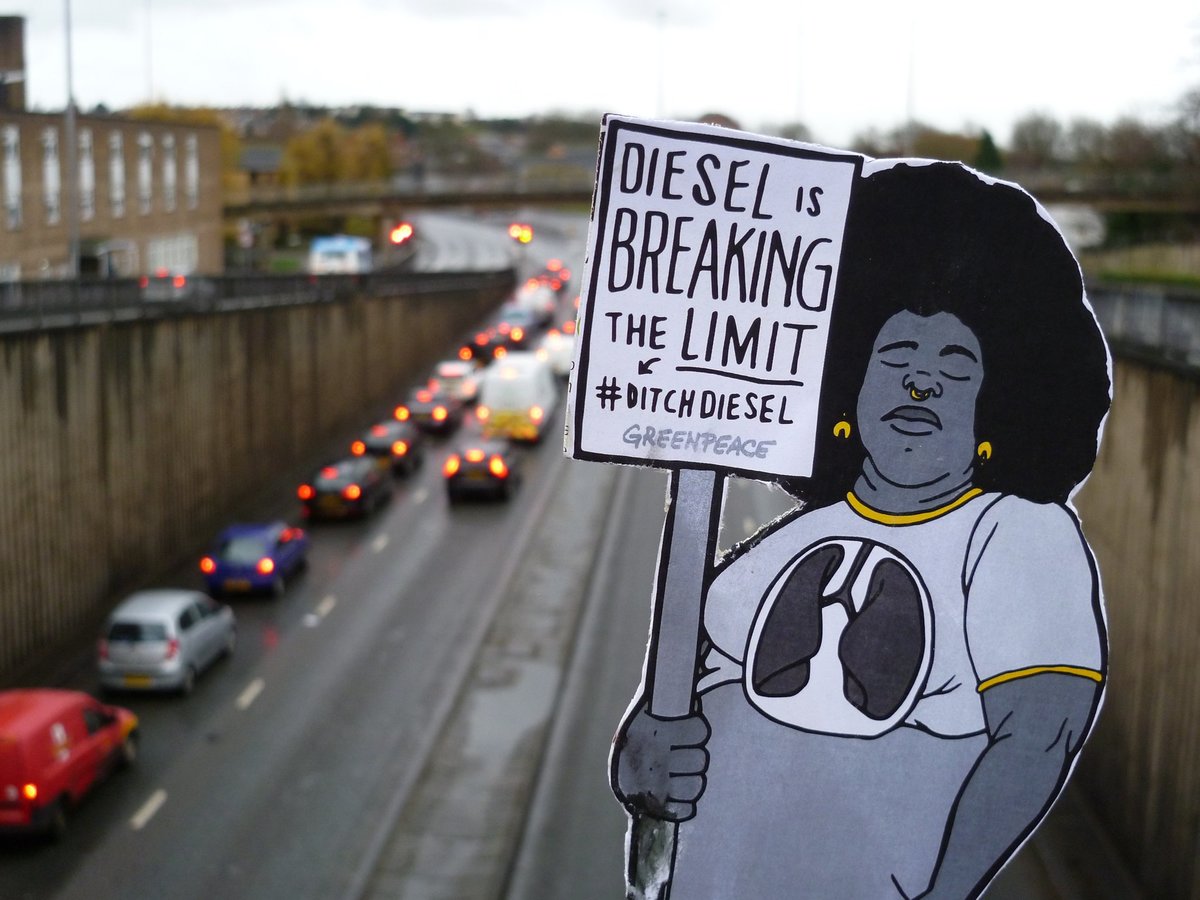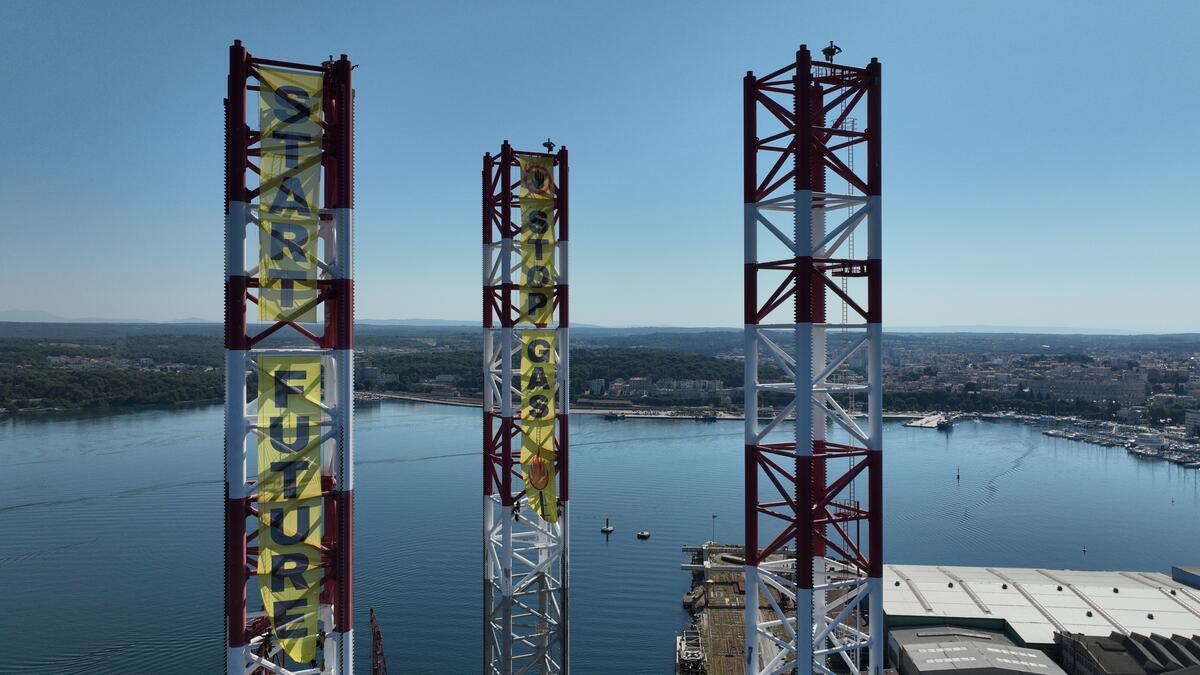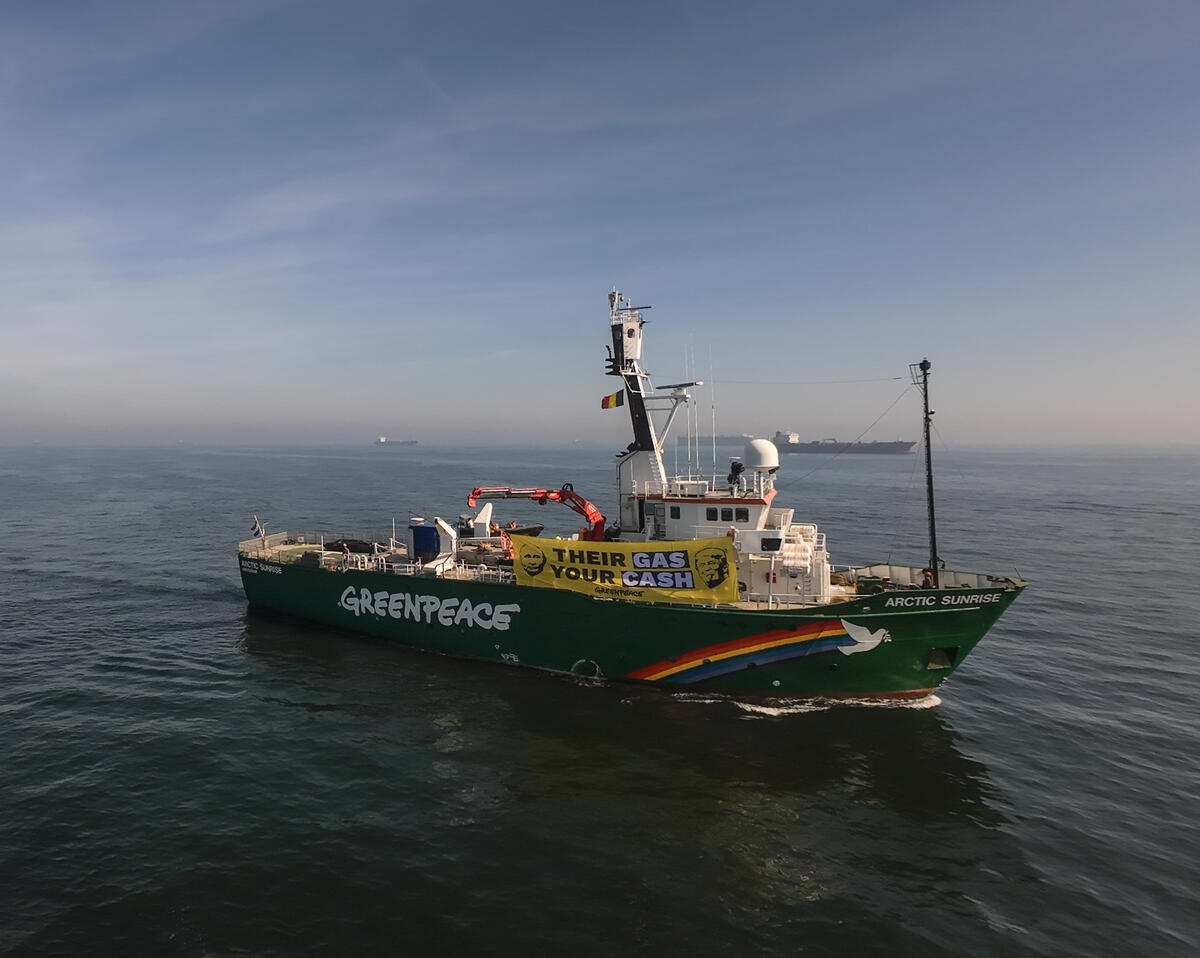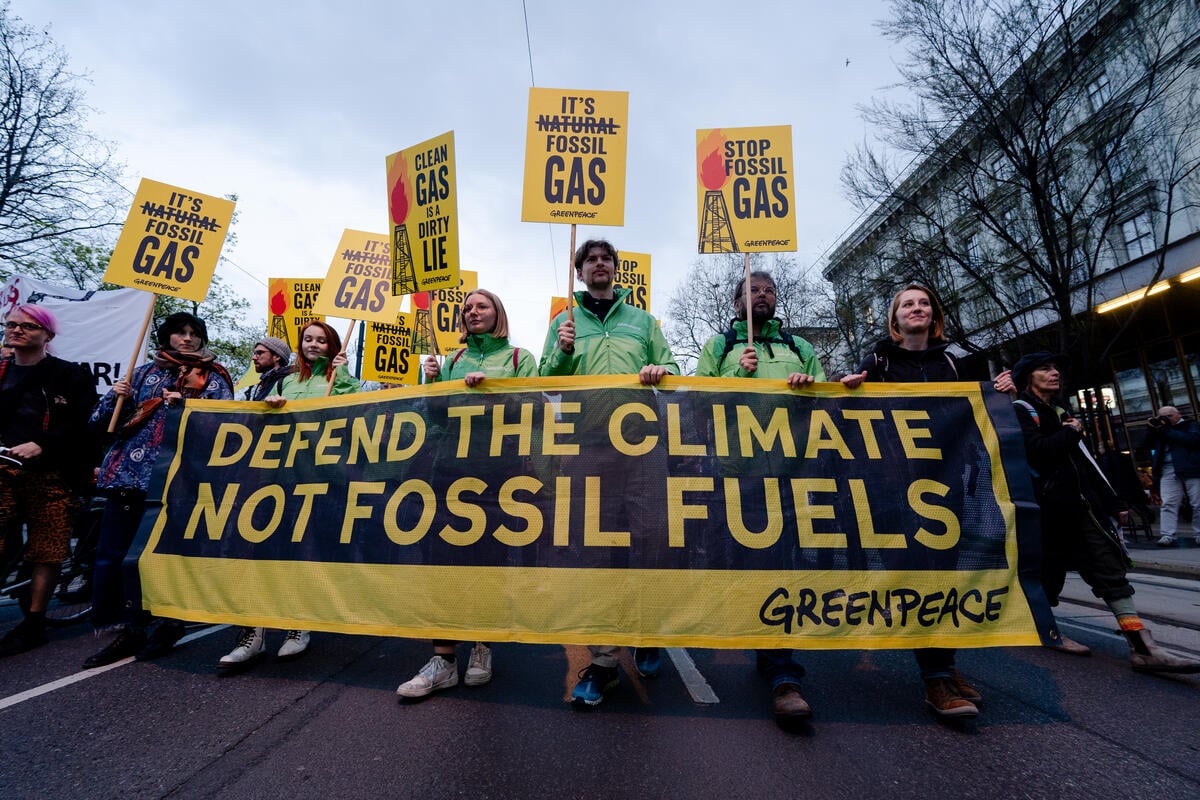It’s scary to think that while we are living in a climate emergency, CO2 emissions — a greenhouse gas driving global climate change — continues to rise each and every month. The transport sector is responsible for about a quarter of those global emissions. Road transport — which consists of cars, trucks and buses — accounts for a whopping 74 percent of global transport CO2 emissions. In fact, in most places, transport is extremely problematic. Houston, we have a problem.
It’s time we get real about the problem with cars. The world is addicted to cars and the car industry is only too happy to keep us hooked for the long run. In 2018 alone, more than 86 million new cars were produced, with soaring demand for larger, heavier vehicles (like SUVs ) which produce even more emissions being spewed into the atmosphere.
Let’s think about the environment for a moment in terms of a house that is flooding. Say you left the water running in the bath and it overflowed, filling up your home with water, your first reaction probably wouldn’t be to grab a bucket and start hauling the water out — it would be to turn the tap off. While emissions from cars are flooding the atmosphere, one of the surest ways we’re going to avert a climate catastrophe is to stop putting more diesel and petrol cars on the road ASAP.
Who is causing the problem?
Car companies — like the oil and gas industry — have for decades known exactly how to sell us the dream happiness and personal freedom. As the world becomes increasingly invested in tackling the climate emergency, the car industry certainly wants us to think that they are part of the solution, not the problem. We see ads for cleaner engines, with names like BlueMotion, or SkyActiv that hint warmly at a lighter, greener future — and everywhere there is the magic word: ‘hybrid’.
While this is great marketing, in truth, the car industry has ramped up sales on more and bigger diesel and petrol vehicles — far from the green technology we were promised in commercials.
To bring transport emissions down, we need to rapidly phase out internal combustion engine cars. Most governments, with a few notable exceptions, are not regulating this effectively. At the moment the car industry seems unwilling to do it on its own. Their desperate need to protect and grow their enormous profits is not only dragging us backwards, but is also not in line with what most people actually want. Instead of moving towards a sustainable business model of producing smaller and shared vehicles powered by renewables, the industry continues to push big outdated cars that rely solely on fossil fuels.
If the cost of diesel and petrol — and the vehicles that burn it — actually reflected the health issues they cause and environmental damage they inflict through the increase of severe storms and wildfires, rising sea levels and extensive heat waves, polluting car as we know it would have been extinct ages ago. With that in mind, the continued production of diesel and petrol cars is, in a word, ludicrous.
So what do we do now?
We want to send a message loud and clear to automakers that they are holding us back from the positive change we desperately need by restricting people’s freedom to choose cleaner cars and greener ways of travelling. We couldn’t think of a better place to demand change than at the Frankfurt Motor Show in September — the largest car show in the world. The industry movers and shakers will be there and this year, they’ll be met by thousands of protesters, including Greenpeace. Together with people across Europe, we’ll be calling on them to do better, to embrace a climate-friendly future, and to stop holding us back.
Cars don’t need to disappear, but they must be very different. Car companies must offer new methods of transport that don’t harm our health or our planet. They must contribute to new ways of getting around town without relying on private cars. We really need public transport that’s affordable, convenient and accessible; safe walking and cycling routes — and more of them; and if there are journeys where we need a car, there should be fleets of renewably powered electric vehicles available that we all share.
The car companies have not matched the scale of ambition required. At least, not yet. But together, we can push them to get there.
Want to join us and share what happens in Frankfurt? Follow People vs Oil on Facebook and Twitter for all the latest information!
Lauren Reid is the Clean Air Now international comms lead with Greenpeace Belgium

